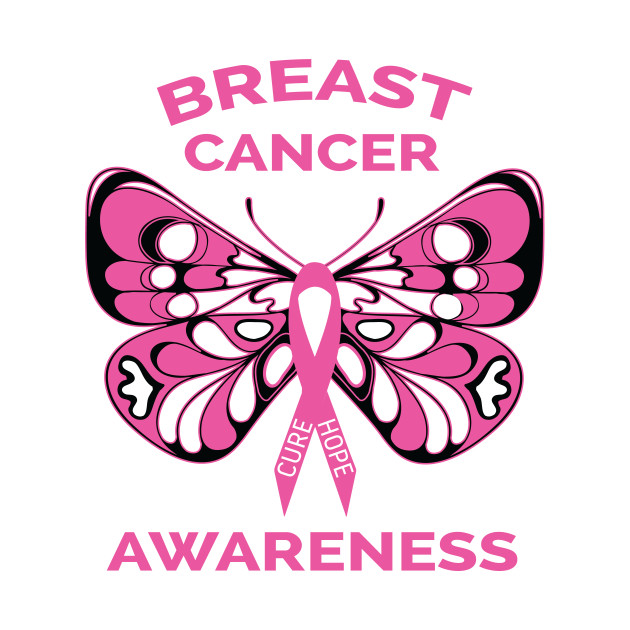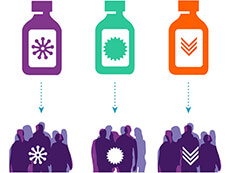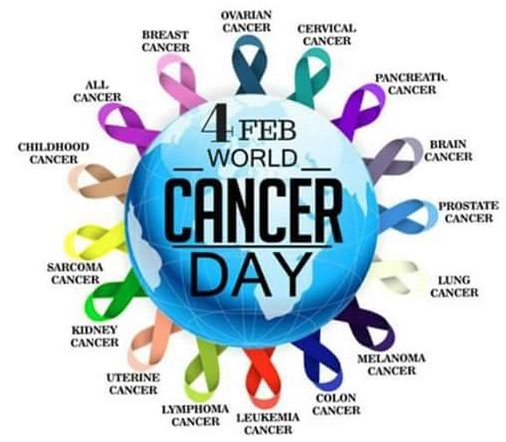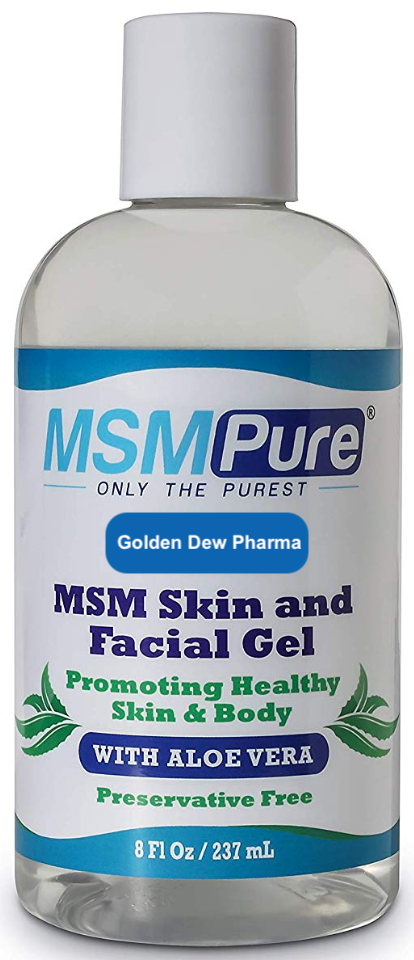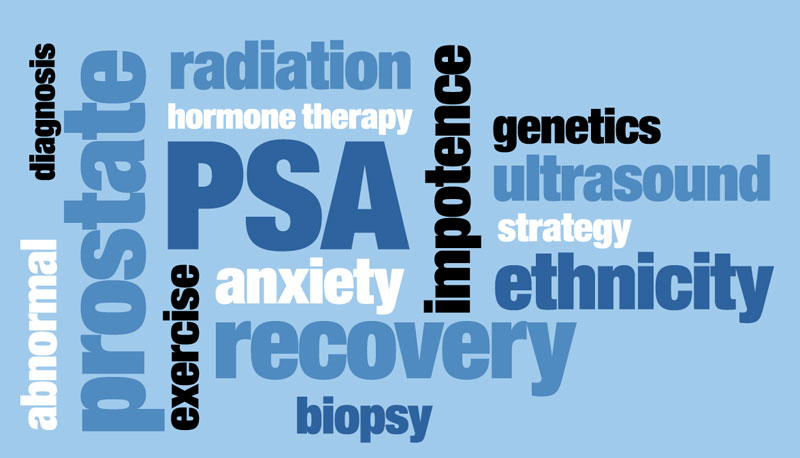A risk factor is anything that increases a person’s chance of developing cancer. Although risk factors often influence the chance to develop cancer, most do not directly or by themselves cause cancer. Some people with several known risk factors never develop cancer, while others with no known risk factors do. Knowing your risk factors and talking about them with your doctor may help you make more informed lifestyle and health care choices.
The following factors may raise a man’s risk of developing prostate cancer:
-
Age. The risk of prostate cancer increases with age, especially after age 50. More than 80% of prostate cancers are diagnosed in men who are 65 or older. Older patients who are diagnosed with prostate cancer can face unique challenges, specifically with regard to cancer treatment.
-
Race/ethnicity. Black men have a higher risk of prostate cancer than white men. They are also more likely to develop prostate cancer at an earlier age and to have more aggressive tumors that grow quickly. The exact reasons for these differences are not known and may involve genetic, socioeconomic, or other factors. Hispanic men have a lower risk of developing prostate cancer and dying from the disease than non-Hispanic white men.
Prostate cancer occurs most often in North America and northern Europe. It also appears that prostate cancer is increasing among Asian men living in urbanized environments, such as Hong Kong, Singapore, and North American and European cities, particularly among those who have a lifestyle with less physical activity and a less healthy diet.
-
Family history. Prostate cancer that runs in a family, called familial prostate cancer, occurs about 20% of the time. This type of prostate cancer develops because of a combination of shared genes and shared environmental or lifestyle factors.
Hereditary prostate cancer, meaning the cancer is inherited from a relative, is rare and accounts for about 5% of all cases. Hereditary prostate cancer occurs when changes in genes, or mutations, are passed down within a family from 1 generation to the next. Hereditary prostate cancer may be suspected if a man’s family history includes any of the following characteristics:
-
3 or more first-degree relatives with prostate cancer
-
Prostate cancer in 3 generations on the same side of the family
-
2 or more close relatives, such as a father, brother, son, grandfather, uncle, or nephew, on the same side of the family diagnosed with prostate cancer before age 55
If a man has a first-degree relative—meaning a father, brother, or son—with prostate cancer, his risk of developing prostate cancer is 2 to 3 times higher than the average risk. This risk increases even further with the number of relatives diagnosed with prostate cancer.
-
-
Hereditary breast and ovarian cancer (HBOC) syndrome. HBOC is associated with DNA-repair mutations to the BRCA1 and/or BRCA2 genes. BRCA stands for “BReast CAncer.” HBOC is most commonly associated with an increased risk of breast and ovarian cancers in women. However, men with HBOC also have an increased risk of developing breast cancer and a more aggressive form of prostate cancer. Mutations in the BRCA1 and BRCA2 genes are thought to cause only a small percentage of familial prostate cancers. Men who have BRCA1 or BRCA2 mutations should consider screening for prostate cancer at an earlier age. Genetic testing may only be appropriate for families with prostate cancer that may also have HBOC. If you are concerned about this based on your own family history, please talk with a genetic counselor or doctor for more information.
-
Other genetic changes. Other genes that may carry an increased risk of developing prostate cancer include HPC1, HPC2, HPCX, CAPB, ATM, and FANCA. However, none of them has been directly shown to cause prostate cancer or be specific to this disease. Research to identify genes associated with an increased risk of prostate cancer is ongoing, and researchers are constantly learning more about how specific genetic changes can influence the development of prostate cancer. At present, there are no genetic tests available to determine a man's chance of developing prostate cancer.
-
Eating habits. No study has proven that diet and nutrition can directly cause or prevent the development of prostate cancer. However, many studies that look at links between certain eating behaviors and cancer suggest there may be a connection. For example, obesity is associated with many cancers, including prostate cancer, and a healthy diet to avoid weight gain is recommended.
Prevention
Different factors cause different types of cancer. Researchers continue to look into what factors cause this type of cancer. Although there is no proven way to completely prevent this disease, you may be able to lower your risk. Talk with your doctor for more information about your personal risk of cancer.
Chemoprevention
A class of drugs called 5-alpha-reductase inhibitors (5-ARIs), which includes dutasteride (Avodart) and finasteride (Proscar), are often used to treat BPH. They may also lower a man’s risk of developing prostate cancer. While some previous clinical trials implied that 5-ARIs were linked to more aggressive prostate cancers, newer studies have suggested that this isn’t true. Interestingly, according to the results of a long-term follow-up study published in 2013, 78% of men either taking finasteride or a placebo were still alive 15 years later. These results suggest that taking finasteride does not decrease the risk of death for men with prostate cancer. This subject remains controversial, and the U.S. Food and Drug Administration (FDA) has not approved these drugs for prostate cancer prevention. However, a 5-ARI is FDA approved for the treatment of lower urinary tract symptoms associated with BPH. Because the decision to take a 5-ARI is different for each patient, any men considering taking this class of medication should discuss the possible benefits and side effects with their doctor.
Dietary changes
There is not enough information right now to make clear recommendations about the exact role eating behaviors play in prostate cancer. Dietary changes may need to be made many years earlier in a man’s life to reduce the risk of developing prostate cancer.
Here is a brief summary of the current research
-
Regularly eating foods high in fat, especially animal fat, may increase prostate cancer risk. However, no prospective studies, meaning studies that look at men who follow either high-fat or low-fat diets and then measure the total number of men in each group diagnosed with prostate cancer, have yet shown that diets high in animal fat raise the risk of prostate cancer.
-
A diet high in vegetables, fruits, and legumes, such as beans and peas, may decrease the risk of prostate cancer. It is unclear which nutrients are directly responsible. Although lycopene, the nutrient found in tomatoes and other vegetables, has been shown to be associated with a lower risk of prostate cancer, the data so far have not proven a relationship.
-
Currently no specific vitamins, minerals, or other supplements have been conclusively shown in clinical trials to prevent prostate cancer. Men should talk with their doctors before taking any supplements to prevent prostate cancer.
-
Specific changes to eating behaviors may not stop or slow the development of prostate cancer. It is possible such changes would need to be made early in life to have an effect.


